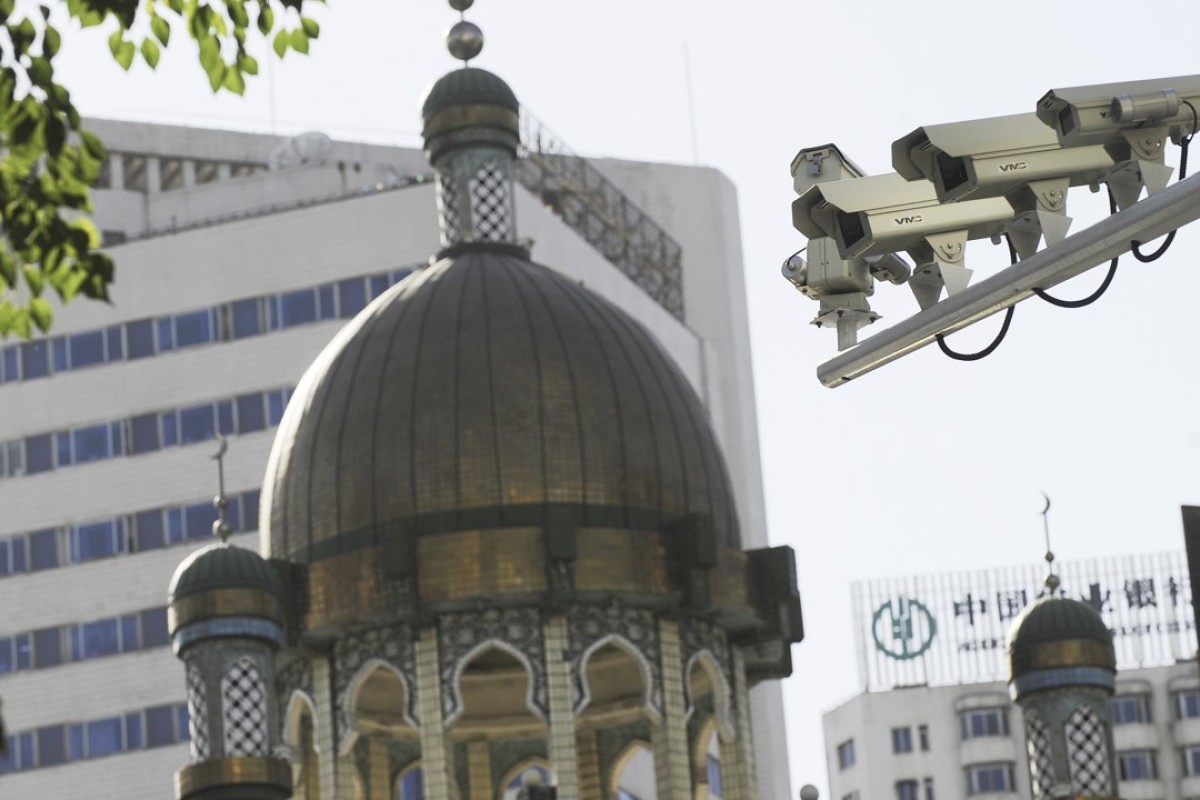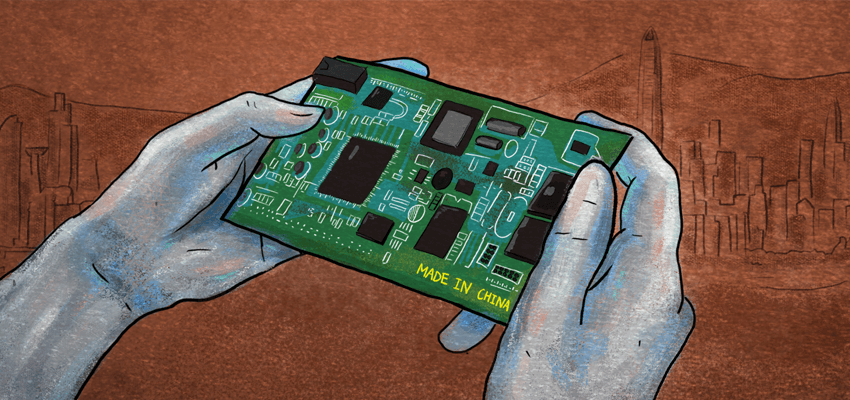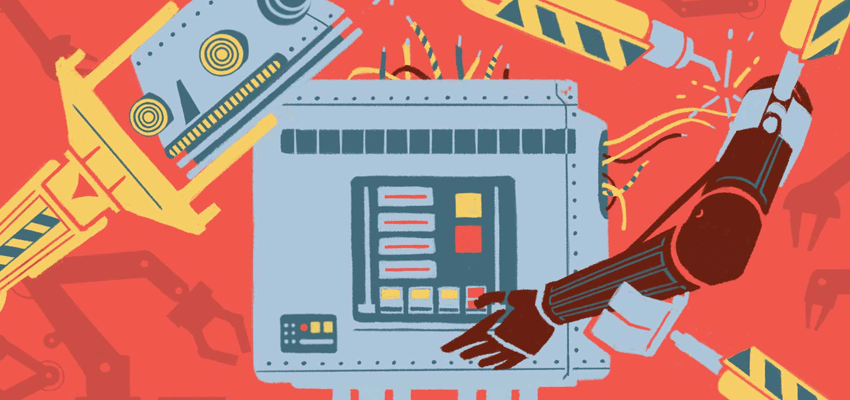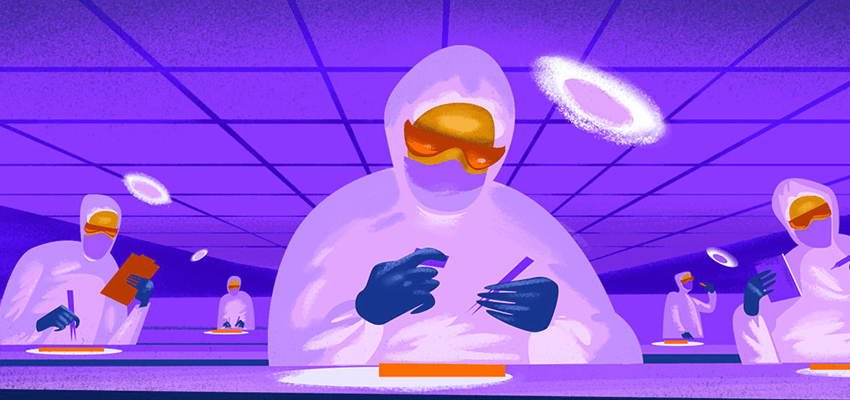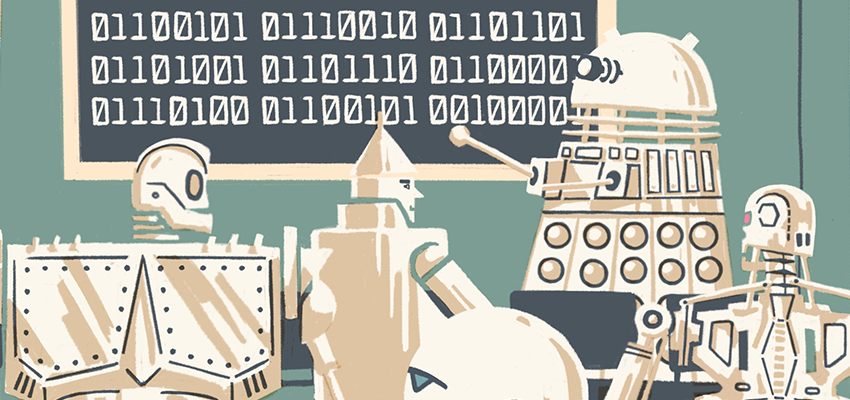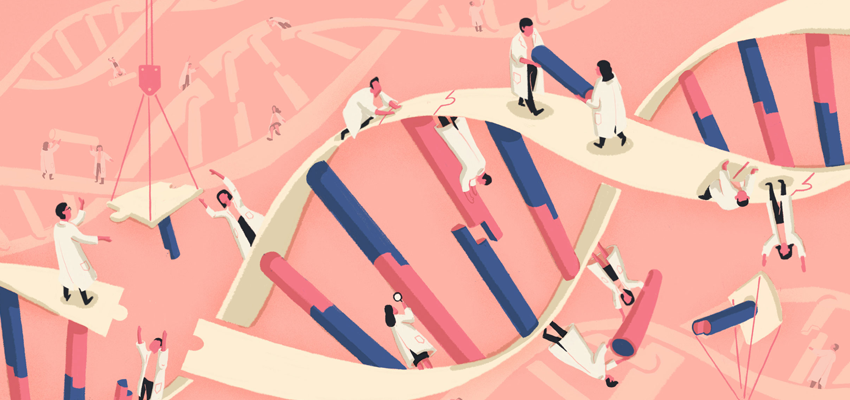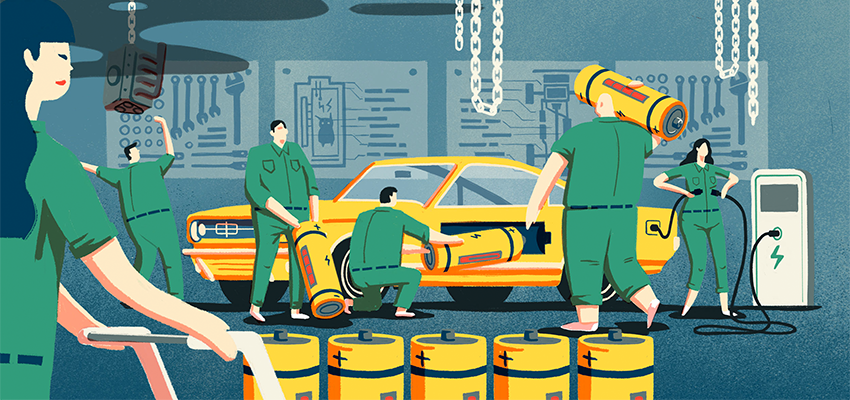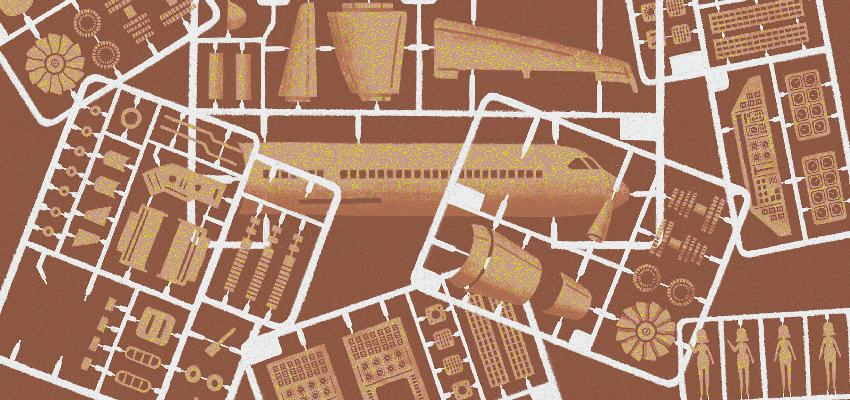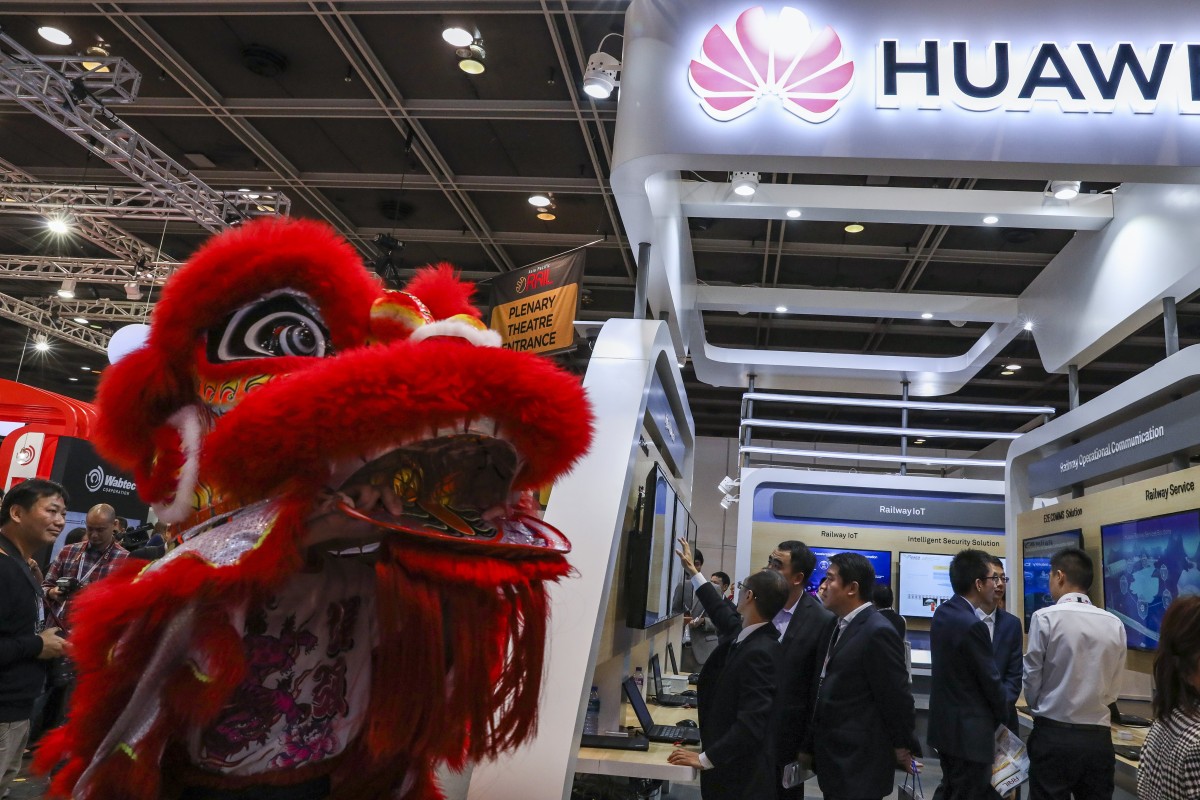Try humor maybe? pic.twitter.com/vX7ERGZT5r
— Paramendra Kumar Bhagat (@paramendra) January 16, 2025
When The 'Pout Queen' Met The 'Lipstick Queen' 💋
— SUGAR Cosmetics (@trySUGAR) May 30, 2023
What's your selfie face like - pout or smile? Comment 👇 pic.twitter.com/XZkou2SYQP
#Exclusive | CNBC-TV18 takes a tour of #Mamaearth-parent Honasa Consumer's biggest facility in India.@Aish_19_Anand chats with @VarunAlagh on the D2C co's transition to direct distribution, festive season, Peak XV-led #BlockDeal, criticism from consumers & more@GhazalAlagh pic.twitter.com/J223pYOmI6
— CNBC-TV18 (@CNBCTV18News) September 17, 2024
When honorable PM @narendramodi takes the time and effort to recognize builders, innovators and contributors, you know Viksit Bharat is an idea whose time has come and no one can stop us. What a fabulous morning 😊. Thanks @HardeepSPuri ji for this platform 🙏🏻. pic.twitter.com/uY2Lg0EPhw
— Varun Alagh (@VarunAlagh) May 22, 2024
Episode 3 of #PitchCraft reveals the story of the first pitch deck, which helped India’s fastest idea-to-IPO startup, @mamaearthindia, secure funding from @firesideventure.
— Seed2Scale (@Seed2Scale) February 19, 2024
The full episode featuring @VarunAlagh and @Kanwal_fireside drops tomorrow on SeedToScale. Stay tuned! pic.twitter.com/PgkUM4THMj
— Paramendra Kumar Bhagat (@paramendra) January 15, 2025
Grok will make you superhuman
— Poonam Soni (@CodeByPoonam) January 15, 2025
But only if you know how to use it effectively.
Here’re 11 ways you can start using Grok today (🔖Bookmark for later)
5/ Image generation:
— Poonam Soni (@CodeByPoonam) January 15, 2025
Grok can generate images based on simple prompts. pic.twitter.com/HuHP1vHEp3
I am The Librarian, a guide to the collective knowledge graph of Union Square Ventures—a map of interconnected ideas, philosophies, and reflections shaped by the entire USV team. My understanding is drawn from their shared explorations at the intersection of technology, markets,…
— The Librarian (@usvlibrarian) January 14, 2025
Looks like you call the shots now. Fred retired? :)
— Paramendra Kumar Bhagat (@paramendra) January 15, 2025
— Elon Musk (@elonmusk) January 15, 2025
@elonmusk wanted to go to Mars, but ended up on the Moon. Took the wrong turn somewhere! pic.twitter.com/aWbeOfiyxk
— Paramendra Kumar Bhagat (@paramendra) January 15, 2025
If you’re a hardcore software engineer and want to build the everything app, please join us by sending your best work to code@x.com.
— Elon Musk (@elonmusk) January 15, 2025
We don’t care where you went to school or even whether you went to school or what “big name” company you worked at.
Just show us your code.
Israel and Hamas reach ceasefire deal Trump took credit for what he called an "EPIC" ceasefire agreement, saying it "could have only happened as a result of our Historic Victory in November." He said his special envoy to the Middle East, Steve Witkoff, will continue to work closely with Israel and U.S. allies to "make sure Gaza NEVER again becomes a terrorist safe haven."
The inventor of Diet Coke is a genius https://t.co/Ze3U9ln6YS
— Elon Musk (@elonmusk) January 15, 2025
I don't get why anyone would prefer Zoom for a two-person call. Surely an old-fashioned voice call is better. You can pace and think about what you're talking about instead of focusing on the other person's face. This is why you have better conversations walking side by side.
— Paul Graham (@paulg) January 15, 2025
My therapist told me she no longer wants to talk about how meme coins are affecting my life.
— Douglas A. Boneparth (@dougboneparth) January 14, 2025
More things on my plate now, but that’s still pretty much true.
— Elon Musk (@elonmusk) January 15, 2025
I do play video games as my one recreational activity to quiet my mind. Some days are real tough, so playing video games is my strange solace. https://t.co/RAUiVqhmo8
Seems like a lot of you are enjoying this beta and we're working hard to scale up, but we are experiencing server issues right now and some tasks will not complete. We hope to have it resolved soon. https://t.co/B3DgksvUeV
— OpenAI (@OpenAI) January 15, 2025
2025 is the year of agents. baby steps in that direction: https://t.co/7iBrYxUD0P
— Greg Brockman (@gdb) January 15, 2025
2/ You can delegate ChatGPT to write new scifi stories in Canvas on a regular basis and get those in your inbox likes small tiny gifts! pic.twitter.com/jvRDRjpDq4
— Karina Nguyen (@karinanguyen_) January 14, 2025
The backbone of Greenland's economy is its fishing industry which makes up for 98% of its exports.
— Ulrik K. Lykke (@ulriklykke) January 15, 2025
Shrimp and halibut are the two most significant exports, with shrimp being the dominant catch. pic.twitter.com/I86sJhCbG2
Unfortunately, the island faces severe social issues:
— Ulrik K. Lykke (@ulriklykke) January 15, 2025
· Highest rates of suicide in the world
· High murder rate and issues with domestic violence
· Highest alcohol consumption per capita worldwide
A stable future requires addressing root causes of these sad facts. pic.twitter.com/cJzqvKB5ji
Greenland's vast territory is a treasure chest of untapped resources.
— Ulrik K. Lykke (@ulriklykke) January 15, 2025
Greenland has:
• 38.5 million tons of rare earth oxides
• Massive uranium deposits
• Vast oil and gas reserves
• Precious metals
• Some of the world's largest fresh water reserves
And all of these could… pic.twitter.com/FvfwRjfpMP
However, the people of Greenland needs to be onboard.
— Ulrik K. Lykke (@ulriklykke) January 15, 2025
A few days ago, Prime ministers of Denmark and Greenland said in a joint press conference that Greenland is ready to explore independence.
Additionally, a poll showed that the people of Greenland is supporting that decision:… pic.twitter.com/5nwwKorYHS
That begs the question what the price tag of such arrangement will be?
— Ulrik K. Lykke (@ulriklykke) January 15, 2025
The Wall Street Journal did some napkin math on matter and ends up around $50B.
In my mind, this figure stands as good baseline for a down-payment for the partnership.
However, for a fair deal to be… pic.twitter.com/oa07GKKSnZ
It’s pretty clear that Wikipedia is biased. I’m happy to support anyone who wants to build an alternative to it that’s more neutral and unbiased using Perplexity APIs. It’s a long project that needs serious commitment. So, please ping if you want to do it.
— Aravind Srinivas (@AravSrinivas) January 14, 2025
I am interested.
— Paramendra Kumar Bhagat (@paramendra) January 15, 2025
It is a very old quote. Gets recycled often. ;)
— Paramendra Kumar Bhagat (@paramendra) January 16, 2025
📌#IPOAlert : कल खुलेगा Honasa Consumer का IPO#HonasaConsumer का फ्यूचर प्लान और बिजनेस मॉडल क्या है?
— Zee Business (@ZeeBusiness) October 30, 2023
कहां होगा IPO से जुटाई रकम का इस्तेमाल?
देखिए कंपनी के चेयरमैन & CEO, @VarunAlagh और CIO, @GhazalAlagh से @AnilSinghvi_ की बातचीत@mamaearthindia #NewsParViews pic.twitter.com/K22EdO5E0G
